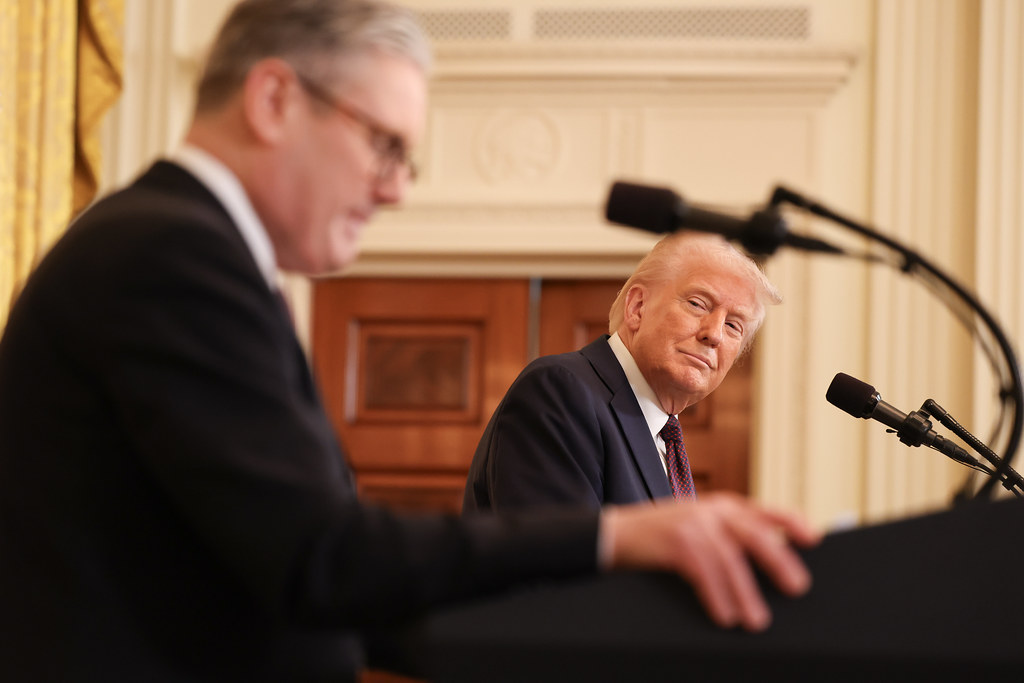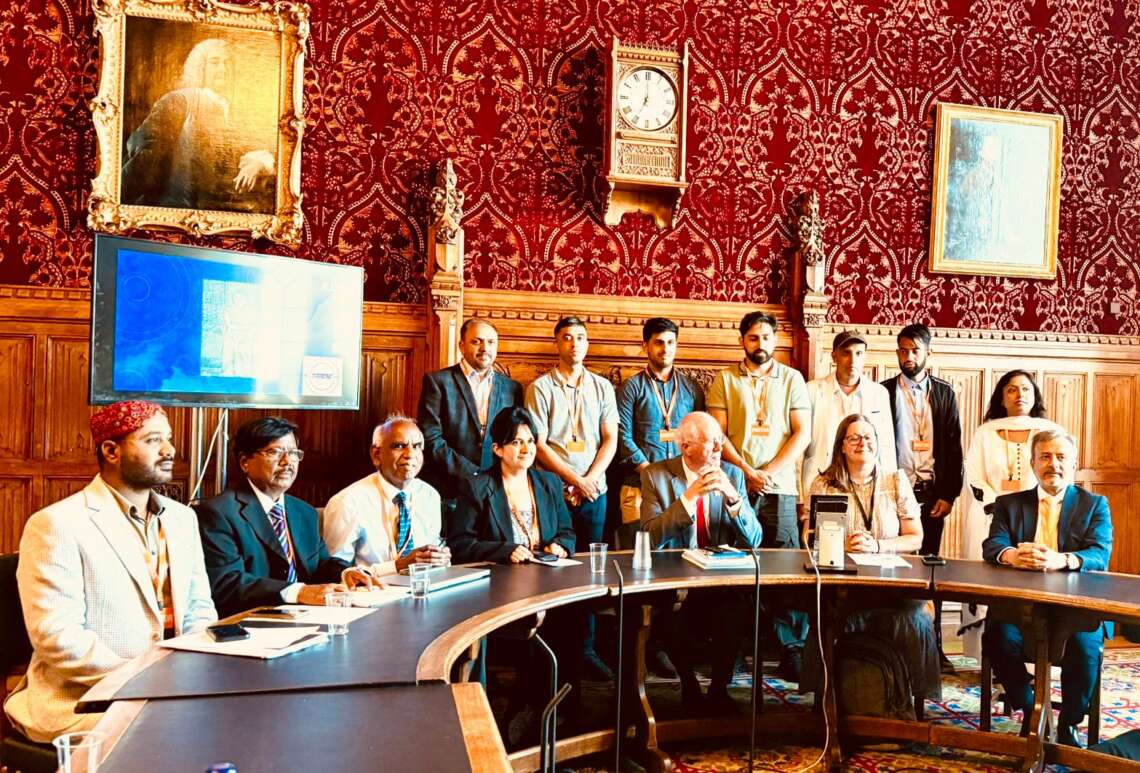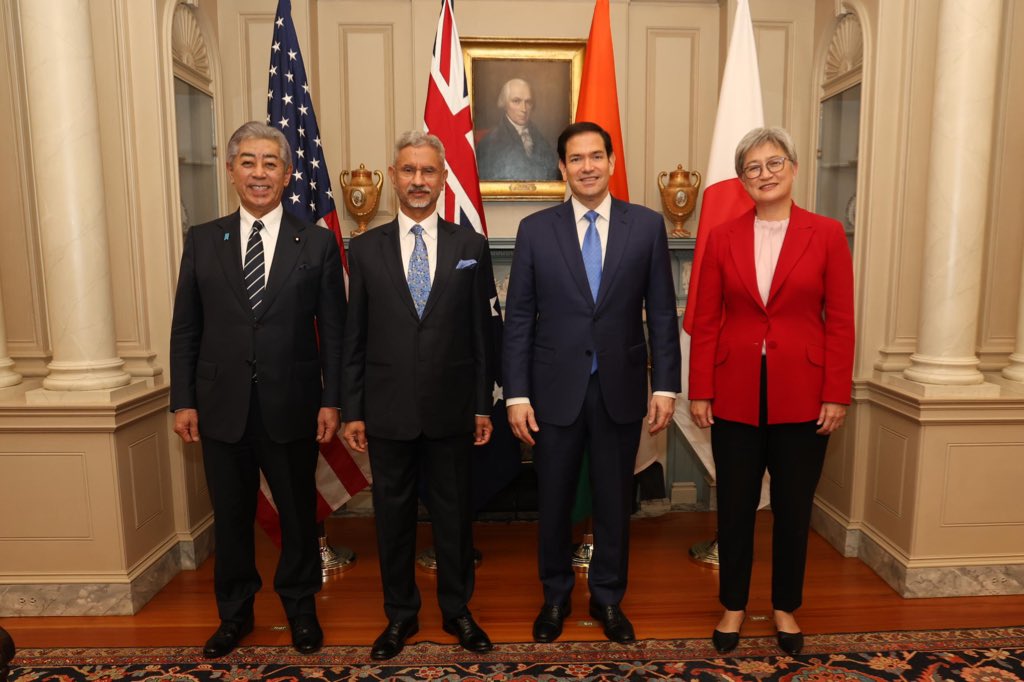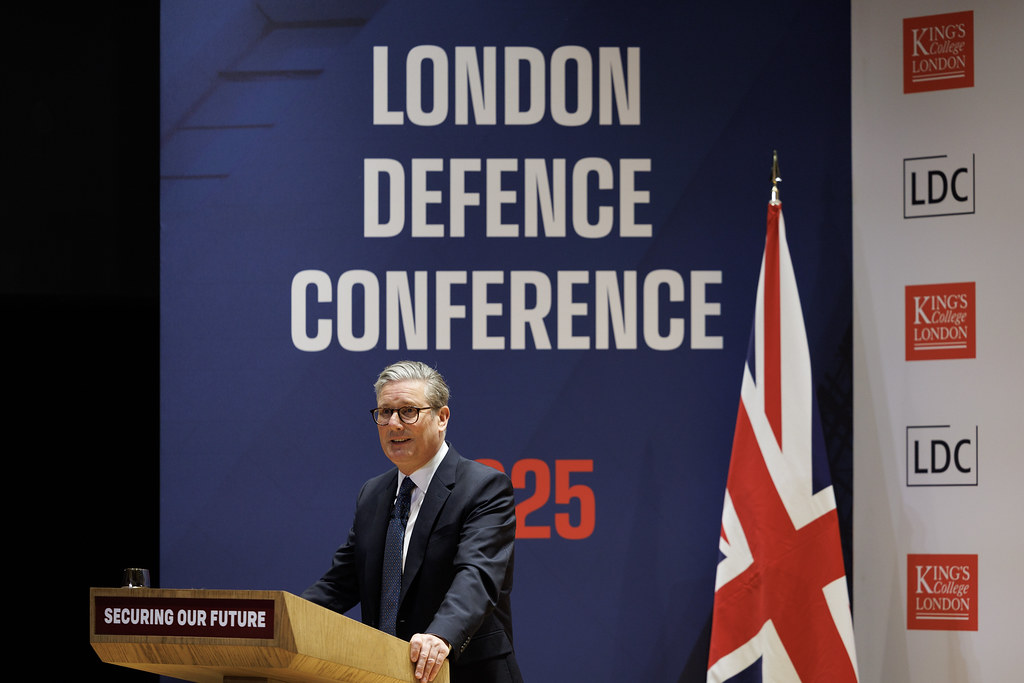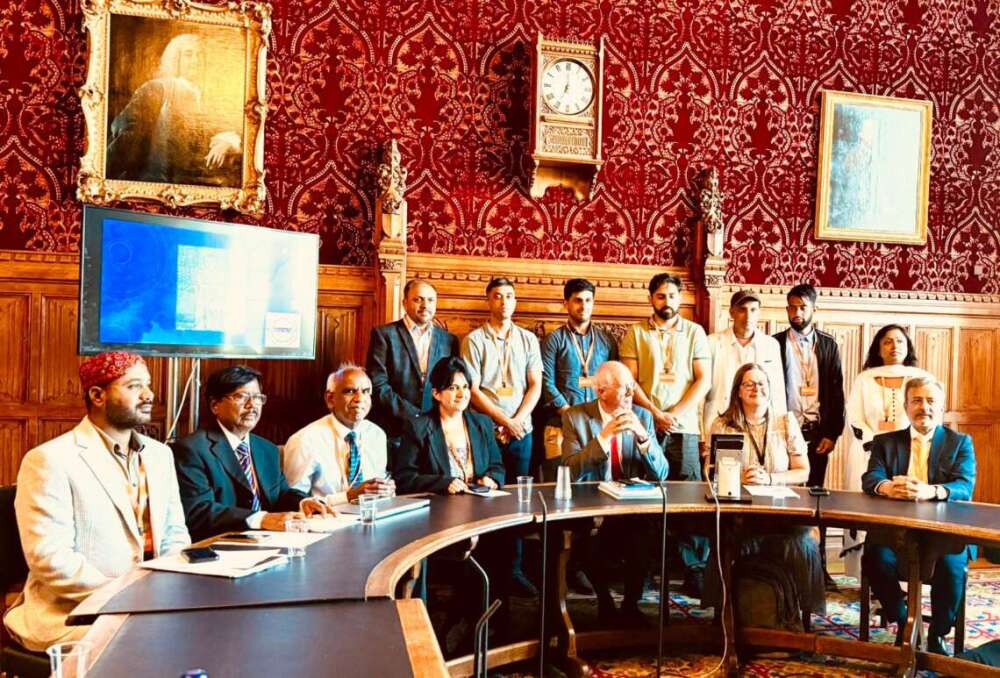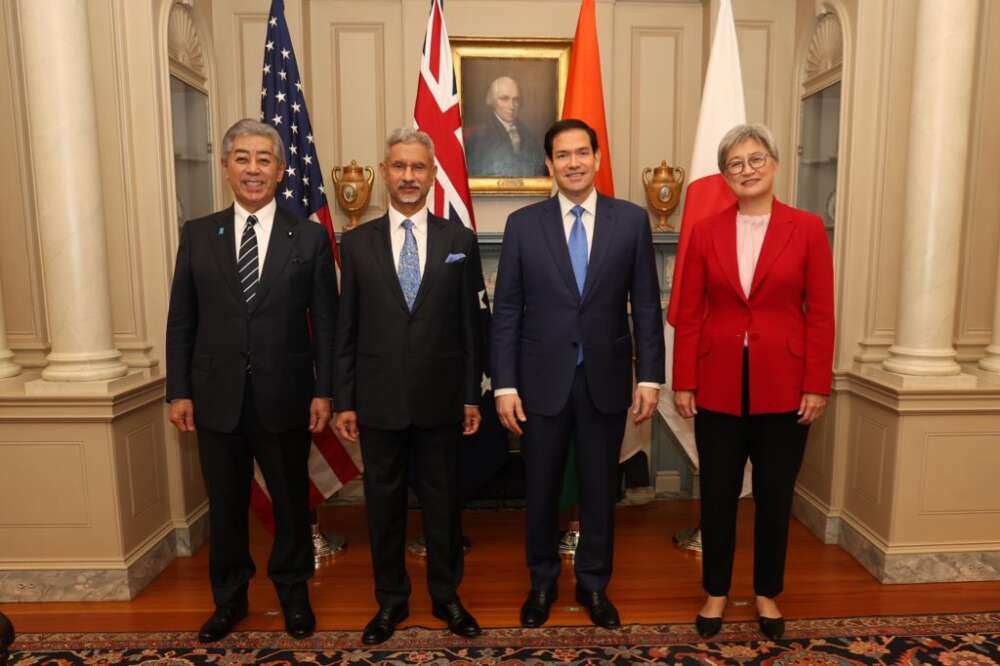The announcement of the US-UK trade deal provided a political victory for Prime Minister Keir Starmer and provided a degree of validation for Trump’s claims that his turbulent approach to trade may be able to rebalance the global economy on his preferred terms
US President Donald Trump on Thursday has agreed to reduce tariffs on UK automobiles, steel, and aluminum as part of a planned trade deal, in exchange for increased British imports of American beef and both sides gaining better access to agriculture markets.
Trump said from the White House that his government has reached a trade agreement with the United Kingdom. The deal affirms that “reciprocity and fairness is a vital principle of international trade” and increases access for US agricultural products, Trump said, though he added that the final details were still being written up.
The announcement provided a political victory for Prime Minister Keir Starmer and provided a degree of validation for Trump’s claims that his turbulent approach to trade may be able to rebalance the global economy on his preferred terms.
Commerce Secretary Howard Lutnick announced that the baseline 10 per cent tariffs would stay in place, while UK officials said that Trump’s auto tariffs would go from 27.5 per cent to 10 per cent on a quota of 100,000 vehicles and the import taxes on steel and aluminum would go from 25 per cent to zero.
“The final details are being written up,” Trump said. “In the coming weeks, we’ll have it all very conclusive.” The president said that the agreement would lead to more beef and ethanol exports to the UK, which would also streamline the processing of US goods through customs.
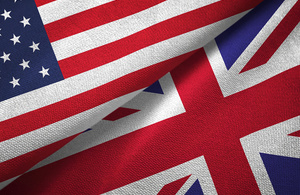
The British government said there would be “reciprocal market access on beef” with British farmers given a tariff free quota for 13,000 metric tonnes. Britain will also remove tariffs on US ethanol – which is used to produce beer.
The two sides will continue trying to agree a broader deal that will cover pharmaceuticals and reducing the remaining reciprocal tariffs. The US has also agreed that the UK will get preferential treatment in any further tariffs imposed as part of Section 232 investigations which give the US president powers to restrict imports if they are found to threaten national security.
Starmer, speaking over the phone to Trump, stressed the importance of the relationship between the two countries as the anniversary of the World War II victory in Europe was being commemorated.
“To be able to announce this great deal on the same deal 80 years forward, almost at the same hour and as we were 80 years ago with the UK and the US standing side by side, I think is incredibly important,” Starmer said.
The planned deal was the first outlined since Trump began his stutter-step efforts to rewire the global economy by dramatically increasing import taxes in an attempt to increase domestic manufacturing.
The Republican president quickly rolled out tariffs after returning to the White House, targeting traditional allies such as the UK with import taxes on steel, aluminum and autos.
Trump announced near universal tariffs on April 2, then partially retreated a week later and announced that his administration would seek individual agreements with various countries over the next few months.
The US already runs a trade surplus with the UK, making it a bit easier to find common ground as Trump has staked his tariffs on specifically eliminating the annual trade deficits with multiple nations he says have taken advantage of the US.
No new deals have been reached with America’s largest trading partners, including Canada, Mexico and China. Trump has left the highest tariffs in place on China, sparking a confrontation between the world’s two biggest economies. Washington and Beijing are sending officials to Switzerland this weekend for an initial round of trade talks.
India and the United Kingdom inked a Free Trade Agreement (FTA) on Tuesday (May 6), bringing to an end around three years of negotiations. The timing of the deal, signed by the world’s fifth and sixth largest economies, respectively, is significant. It comes as global trade is reeling under the tariffs unleashed by Trump in early April.


